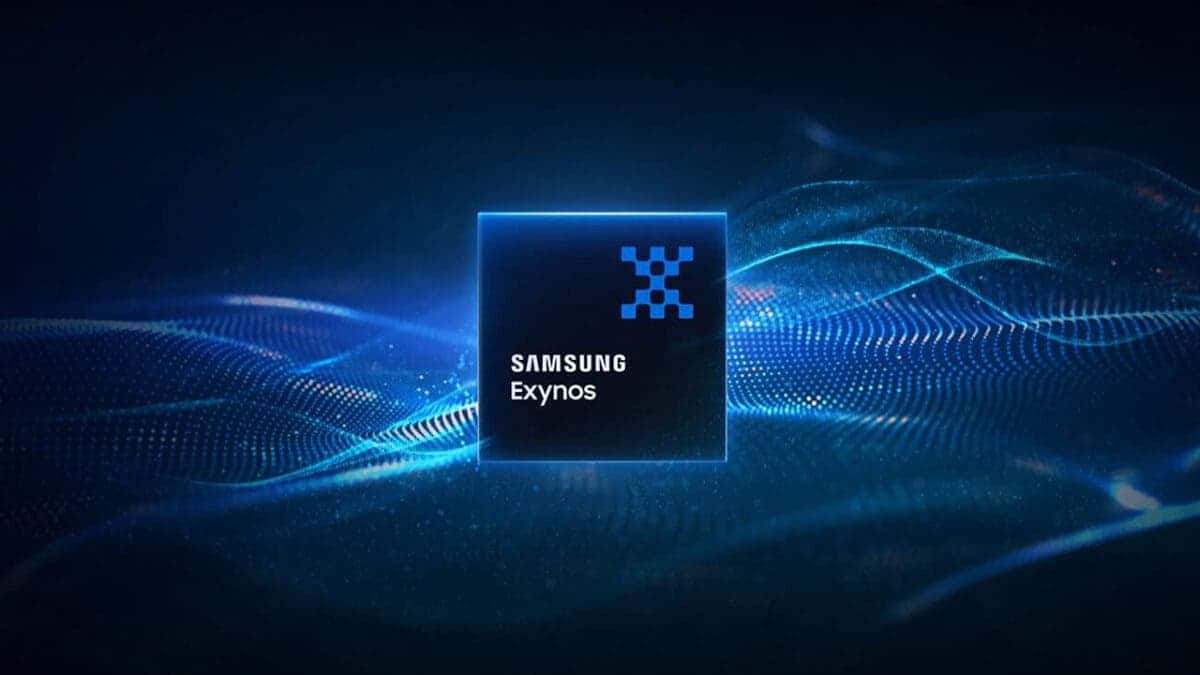
Samsung Exynos 2400 Geekbench Score Revealed: How Does It Compare to the Competition?
On the System LSI Tech Day occasion on the fifth of this month, Samsung made the Exynos 2400 official. In case you missed our protection, the Samsung Exynos 2400 has a 10-core CPU configuration with RDNA3 GPU. It is going to be contained in the Samsung Galaxy S24 gadgets. However like earlier than, the Exynos variant will solely be out there in sure areas.
On the occasion, Samsung talked about all of the enhancements it made to the Exynos 2400. The chipset is fabbed on Samsung’s 4nm fabrication course of, which affords a 75% yield fee.
All of those sound nice, however Samsung’s announcement has left us questioning how nicely the Exynos 2400 compares towards the present competitors. Effectively, the excellent news is that the Geekbench 6 rating of the chipset is right here. And from the efficiency rating, it’s secure to say that Samsung has actually finished a terrific job with the chipset.
A Nearer Have a look at the Geekbench Rating of the Samsung Exynos 2400
The Samsung Exynos 2400 scored 2067 in single-core and 6520 in multi-core exams of Geekbench 6. To check, the Snapdragon eight Gen 2 that powers the Samsung Galaxy S23 Extremely scores 1973 within the single-core take a look at. And the eight Gen 2 scores 5148 within the multi-core take a look at.
Which means the Exynos 2400 affords about 5% in single-core and 22% in multi-core efficiency. Additionally, the scores of the chipset holds up nicely towards the not too long ago unveiled Geekbench rating of Snapdragon eight Gen 3.
For many who missed it, in line with the newest outcomes, the Snapdragon eight Gen Three obtained 2234 in single-core and 6807 in multi-core exams. So, in line with these outcomes, you may say that the efficiency hole between the Snapdragon and Samsung Exynos flagships is closing in.
The Geekbench rating of Exynos 2400 additionally offers data on the clock velocity of the cores. As you may see from the image hooked up above, the prime core is rated at as much as 3.21GHz, whereas the opposite cores are clocked from 1.96GHz to 2.90GHz.

